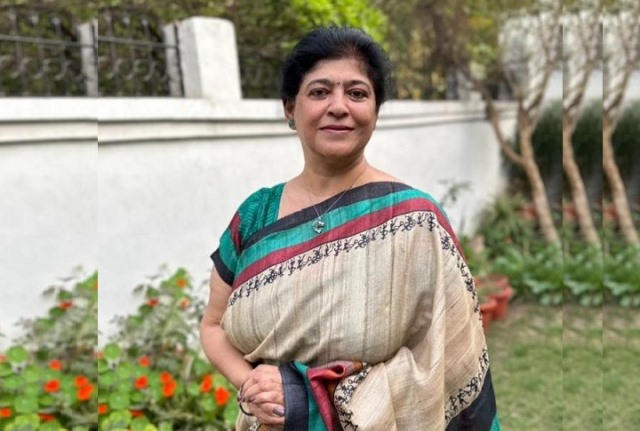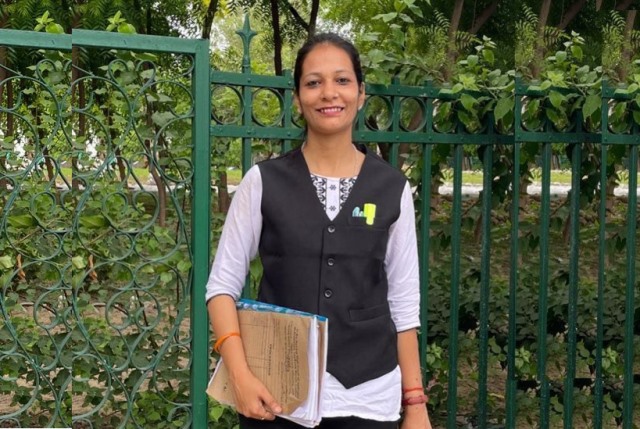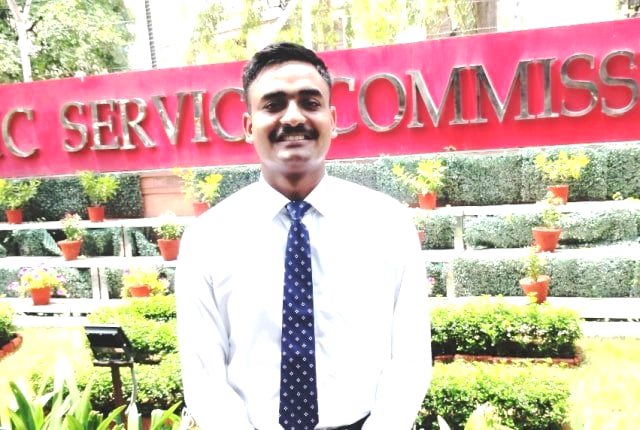
‘Lax Legal System, Patriarchal Mindset Behind Rise In Rape Cases’
Chhaya Singh, a Ghaziabad-based school administrator and social worker, shares her views on India being the rape capital of the world.
We have a patriarchal society where desires of men and boys are given more importance and upper hand in families, even today in this 21st century. We may have found recognition on many fronts globally but deep down in the heart, we are still very conservative. We don’t openly speak about sex, nor do we have a liberal approach towards it. Sex is still a taboo or I would say, an ‘Adam’s apple or forbidden fruit’.
So anything that is so out of bounds, stirs a deep desire.
While women are progressing in all fields of life, their growth is not well digested by our male dominated society. Most men are overwhelmed and don’t know how to handle their bruised egos and on top of it wide spread unemployment has created hopelessness everywhere. This chaos is upsetting the social fabric of the country at large.
This is a backlash against woman, who are now occupying more public spaces by way of women empowerment which is challenging male hegemony in all walks of life. We also have an age-old discriminatory caste hierarchy where woman of lower caste are easy targets for men of higher or dominant caste. They use sexual violence as a weapon to suppress the lower caste and gender. This has been going on for ages and still continues to in our so called modern society.
ALSO READ: Men Continue to Violate Women Without a Shred of Fear
The country needs a lot of reforms on this account, not only by way of laws or legislation but through the mindset of the people too. Any number of strict laws, fast track courts or capital punishment be given, until the society does not change its thinking, nothing much can be achieved.
Though, if the punishment in such cases is very strict, like cutting the genitals of the offender or throwing acid on his body (Taliban style punishments) maybe some men or boys backout in fear.
If we need a larger group to be reformed, then it should start at an early age. Mothers must teach their boys values to the core, teach them how to respect girls and women. Sex education needs to be an essential part of the education curriculum and subjects like Moral Science should be back in schools. There should be open talk about such incidents in schools and colleges, young minds should be educated to not take their fellow females for granted nor treat them as objects, but to be empathetic and view them as equals.
Parents and education reforms have a very large role to play in a society for such a menace to go, which may still take a lot of time, but this seems to be the only ray of hope for a safer and healthier society for women to survive and flourish.
Time has come, for governments, legal system and society at large to take this up as an urgent task and frame laws, education reforms and social awareness campaigns to curb this menace in the current setup.
For more details visit us: https://lokmarg.com/
As told to Deepa Gupta




Change in mindset of both men and women is required. Every parent must teach their boy child that periodic cycle of a girl or sex is not a taboo or words that can’t be talked about. Rather, they should know it’s a part of life and everyone should understand each other.
If a lady is working at home that doesn’t mean it allows a man to not to work at home.
It’s time for the govt. To take strict actions , Any guy mishandling a girl or any boy mishandling a boy must be punished. Hang them. Time has come to adopt the policy of old time Parents, slap at first mistake, create the fear at first mistake, the child will remember forever. Similarly, govt. Has to create that fear, so that even a thought of hurting any gender will be dreadful.
Dear Chhaya your perspective offers a profound analysis of India’s societal issues regarding sexual violence. Your emphasis on addressing patriarchal norms, educational reforms, and the need for societal change highlights crucial areas for reform. It also insights into integrating values and open discussions in education. Also it reflects a forward-thinking approach to tackling this deep-seated problem. Looking forward for more solutions and their actual enforcements.